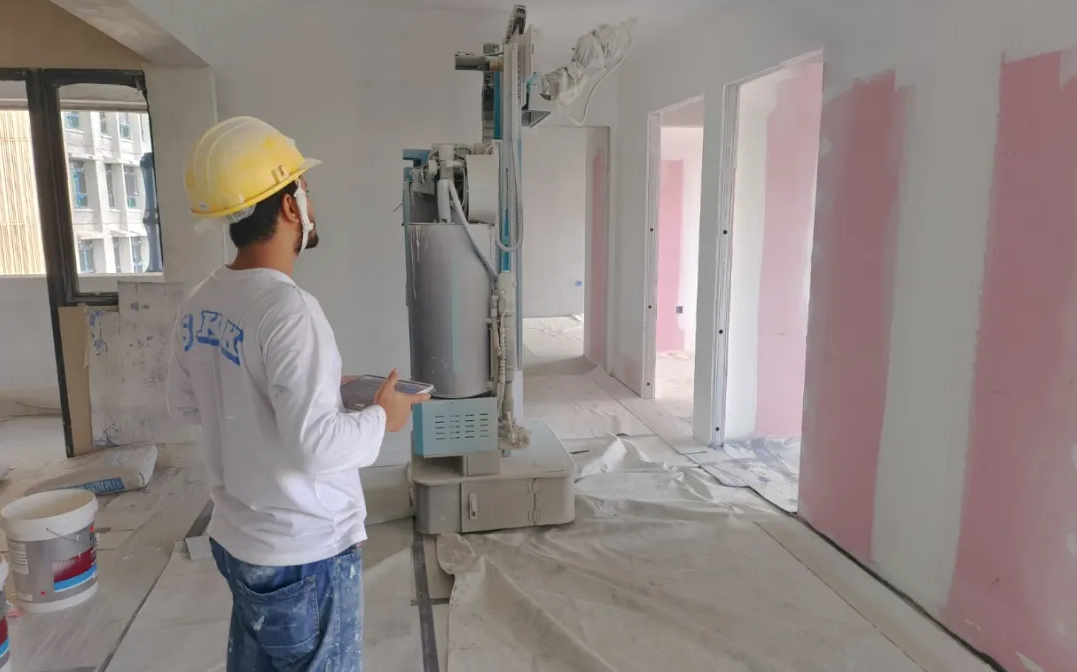
Integrating humans and robots for better construction
Explore how human expertise and robots are making construction faster, safer, and delivering stronger, more durable buildings.
Be aware of scammers impersonating as IMDA officers and report any suspicious calls to the police. Please note that IMDA officers will never call you nor request for your personal information. For scam-related advice, please call the ScamShield Helpline at 1799 or go to www.ScamShield.gov.sg.

This is our vision for the future of digital, and how we are bringing it to life.